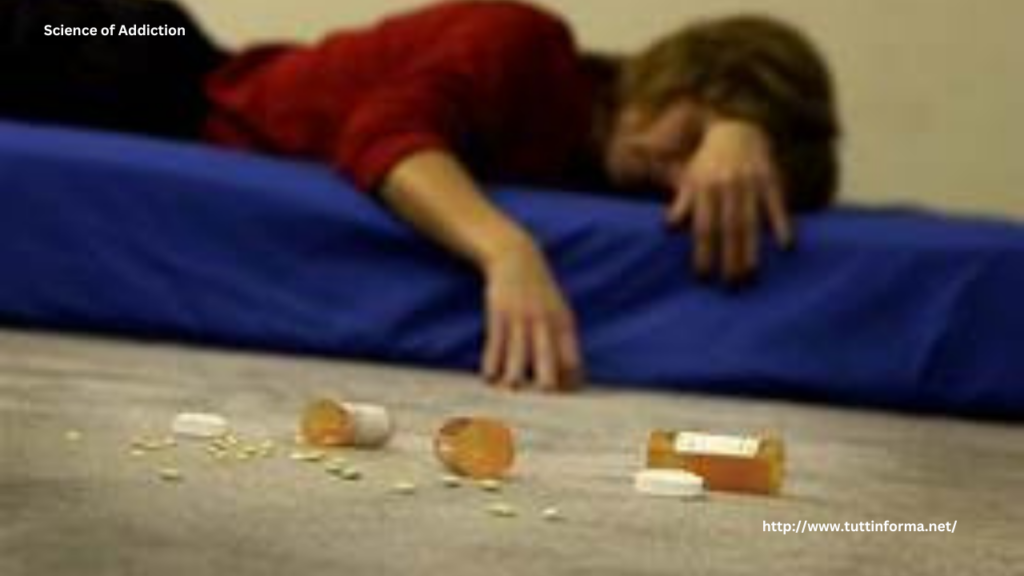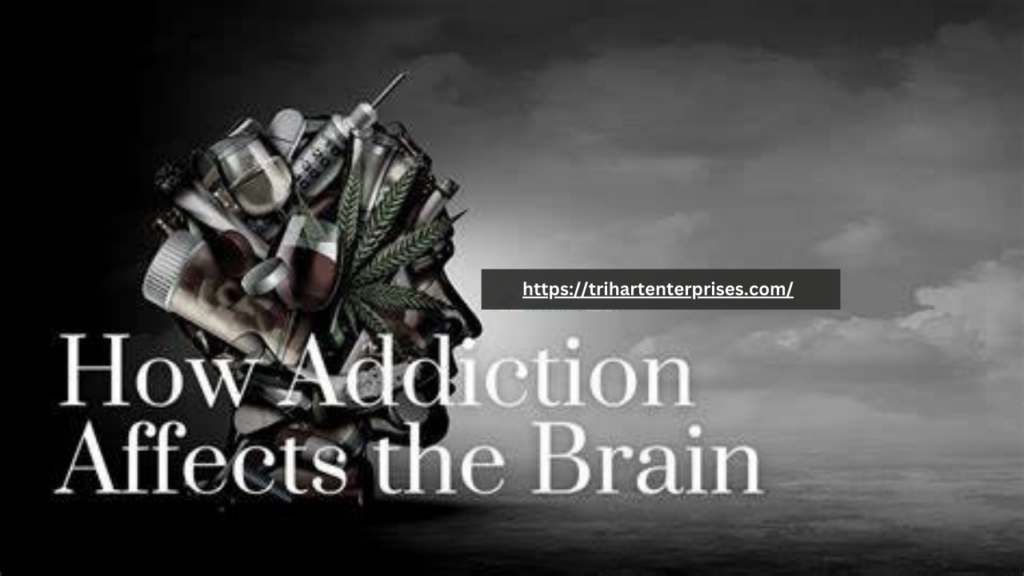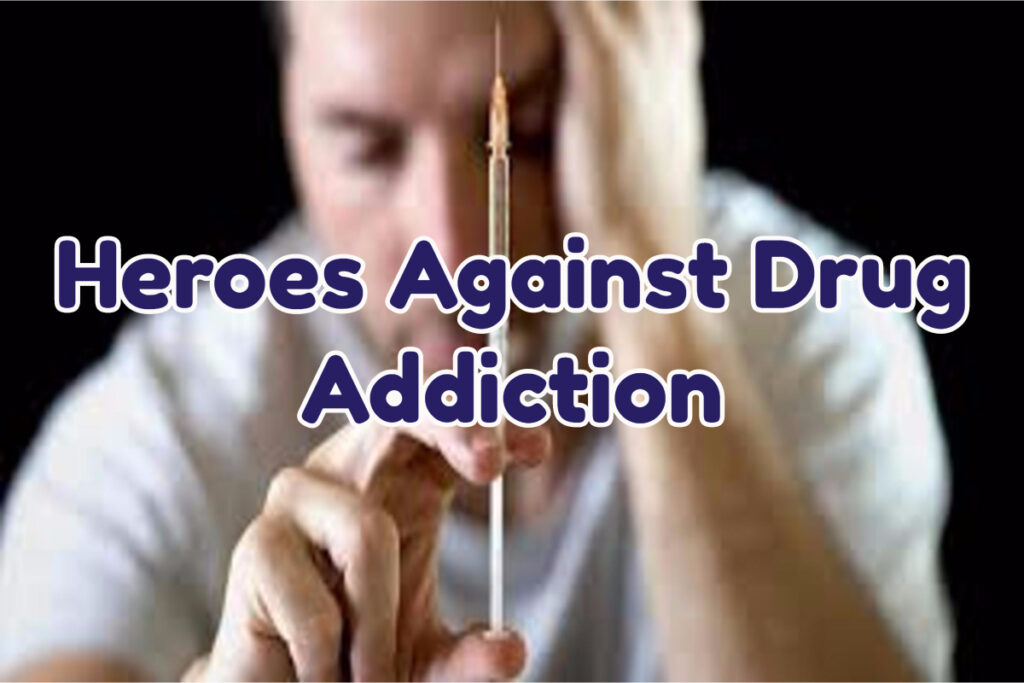
Navigating the world of addiction can feel overwhelming—for both those experiencing it and their loved ones. Addiction is not simply a matter of willpower; it is a complex medical condition that affects brain chemistry, behavior, and overall health. Fortunately, modern medicine offers a “compass”—a guide grounded in science, research, and compassion—to help individuals find their way toward recovery. Understanding the current landscape of treatments, research breakthroughs, and recovery strategies is key to making informed and hopeful decisions.
Mapping the Condition: What Is Addiction?
Addiction is a chronic disorder involving the compulsive use of substances despite harmful consequences. It alters the brain’s reward system, primarily through the repeated release of dopamine—a neurotransmitter responsible for feelings of pleasure and motivation. Over time, the brain becomes reliant on the substance to function, leading to tolerance, dependence, and withdrawal symptoms when use is reduced or stopped.
Physicians and addiction specialists now recognize addiction as a disease that requires comprehensive treatment, much like heart disease or diabetes. By shifting away from moral judgment and toward medical understanding, we create space for more effective care and empathy.
The Core of Treatment: Evidence-Based Approaches
Treatment for addiction typically involves a blend of medical, psychological, and social interventions. One of the foundational tools in this process is Medication-Assisted Treatment (MAT). For opioid addiction, medications such as buprenorphine, methadone, and naltrexone are commonly prescribed to reduce cravings and prevent withdrawal. MAT is also used for alcohol use disorder with medications like acamprosate and disulfiram.
In parallel with medication, behavioral therapies play a central role. Cognitive Behavioral Therapy (CBT), Contingency Management (CM), and Dialectical Behavior Therapy (DBT) help individuals understand their triggers, develop healthy coping strategies, and reshape thought patterns that contribute to substance use.
Supportive environments, including inpatient or outpatient rehab programs, peer groups like Alcoholics Anonymous (AA), and family counseling, also contribute to a more holistic recovery process.
The Frontier of Innovation: Current Research
Addiction medicine is rapidly evolving. One promising area of research involves genetic testing to better predict individual responses to certain medications or identify susceptibility to addiction. Personalized medicine could lead to more effective and targeted treatment plans.
Another cutting-edge development is the use of psychedelic-assisted therapy. Early clinical trials using psilocybin and MDMA have shown encouraging results for those struggling with addiction, PTSD, and depression. These therapies are being rigorously studied and may become part of mainstream treatment in the near future.
Meanwhile, digital therapeutics and telehealth platforms have expanded access to treatment, allowing people to receive therapy, medication management, and recovery support remotely—especially important for those in underserved or rural areas.
The Journey of Recovery
Recovery is not a one-size-fits-all process. It is a deeply personal journey that often involves setbacks, self-discovery, and gradual change. What matters most is consistency, support, and access to effective care.
With today’s medical understanding, individuals struggling with addiction are no longer left to navigate in the dark. There is a compass—built on research, clinical practice, and compassion—pointing toward healing. By following it, recovery becomes not just a possibility, but a powerful reality.









